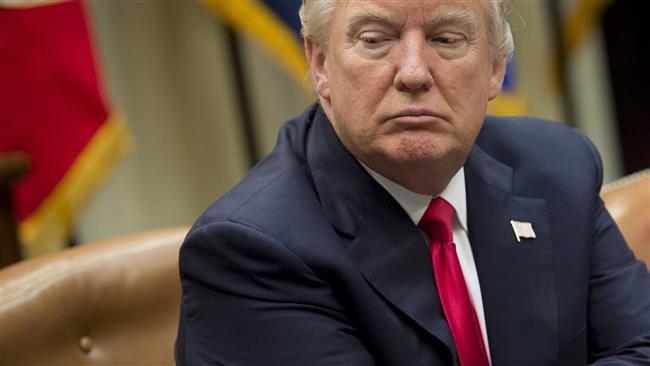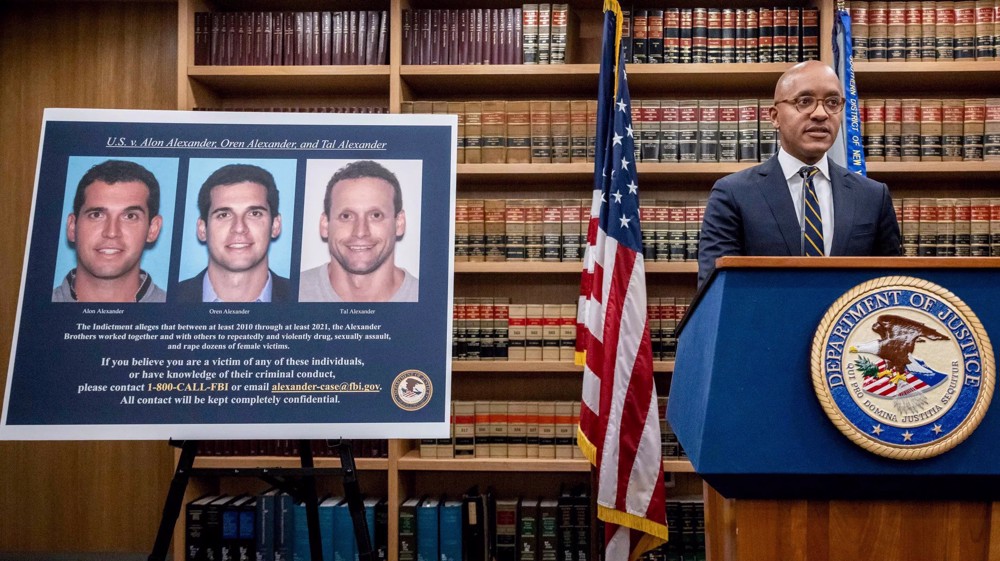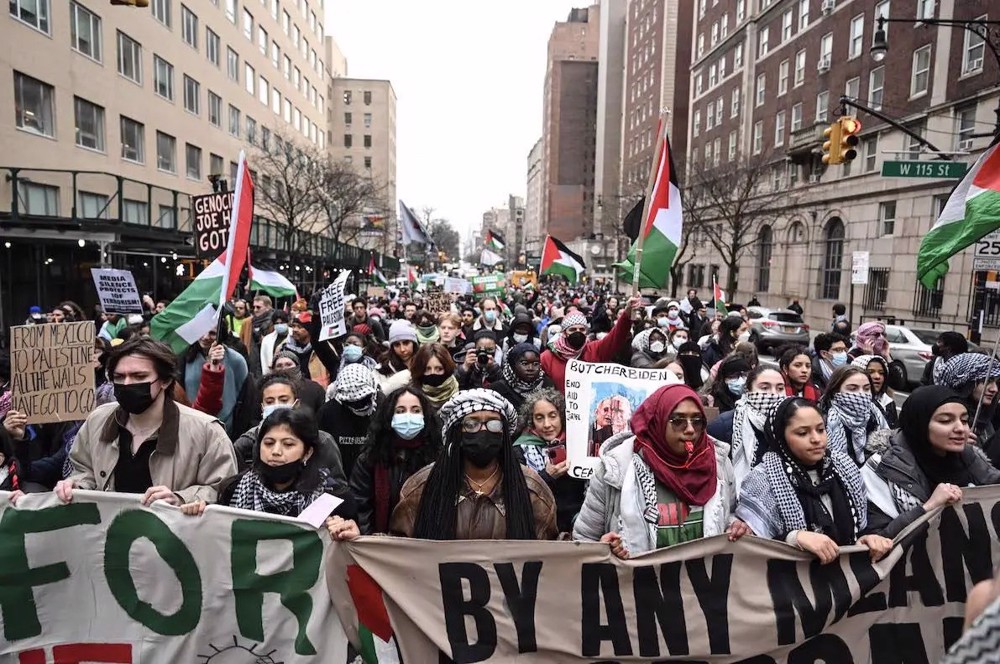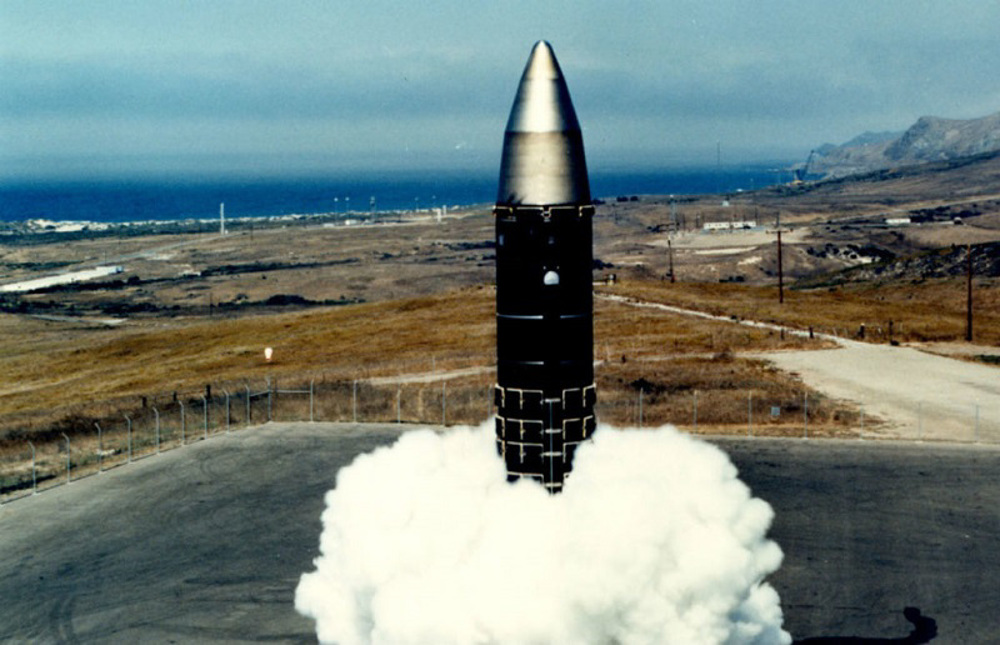One in three voters gives grade F to Trump job performance: Poll
A new opinion poll shows that one in three voters has given an “F” grade to US President Donald Trump’s job performance after more than two months of being in the White House.
The McClatchy-Marist poll released on Friday found that 38 percent of registered voters had approved of Trump’s performance in office, while 51 percent had expressed their disapproval, down by 3 percentage points since a mid-February poll.
The survey indicated that 32 percent of respondents graded the new US president an "F," while 22 percent gave him a "B" and 15 percent each graded him at "A," "C" and "D."
Trump’s predecessor, Barack Obama, had received a “B” grade from voters back in 2009 before nearing his 100th day in office.
Many of the respondents to the Friday poll stressed that they had an unfavorable impression about Trump largely based on his personality, including his blunt language on Twitter, rather than his policies. Fifty-nine percent of voters said the businessman-turned-politician’s conduct had embarrassed them.
Additionally, 60 percent of respondents said they had no trust in Trump and his administration as to delivering accurate and factual information to the public.
The poll was conducted between March 22 and 27, surveying 1,062 adults via landline and mobile phone interviews with a 3-percentage-point margin of error.
Trump stunned the world on November 8 last year by defeating his heavily favored Democratic opponent, Hillary Clinton, in the presidential election, sending the United States on a new, uncertain path.
Trump’s election campaign had been marred by his disparaging remarks against minorities in the US, including a call to ban all Muslims from coming to America as well as stopping Mexican migrants by building a long wall along the US-Mexico border.
As the first step to deliver on one of his most divisive campaign pledges, Trump signed a directive to begin the construction of a wall on the border with Mexico just less than a week after assuming office in Washington.
The Manhattan billionaire even estimated that erecting the wall would cost $8 billion, pledging to force Mexico to cover it.

Trump also signed an executive order on January 27 that imposed a temporary travel ban on citizens from seven Muslim-majority countries, including Iran, Iraq, Libya, Somalia, Sudan, Syria and Yemen and placed an indefinite ban on Syrian refugees. The move also suspended admission of all refugees for 120 days.
The new US president came under immense pressure from politicians and rights groups to rescind the Muslim ban and the measure also created a global backlash with a growing number of countries including long-standing US allies criticizing the curbs as discriminatory and divisive.
In a revised order earlier this month, Trump removed Iraq from the original list because of concerns about the country’s role in fighting terrorism.
Trump has argued that the restrictive measures are necessary to prevent terrorist attacks on US soil, rejecting criticism that they single out people based on their religion.
In an embarrassing blow early in his term and as a setback for the new US president, his proposed healthcare bill to replace Obamacare was pulled off the House floor last week after House Republicans failed to achieve a consensus on the replacement bill.
VIDEO | Press TV's news headlines
Israeli strikes on north Gaza hospital ‘extremely dangerous, terrifying’: Director
VIDEO | Yemen targets Tel Aviv with Palestine 2 missiles
Pezeshkian: Iran resolved to complete North-South Transport Corridor
VIDEO | Iran-Syria: For Resistance
Qassam Brigades claims killing 3 Israeli troops in northern Gaza
More alive than ever: Sayyed Hassan Nasrallah's legacy grows stronger in martyrdom
Occupation of Syria’s highest peak Mount Hermon part of ‘Greater Israel’ project










 This makes it easy to access the Press TV website
This makes it easy to access the Press TV website